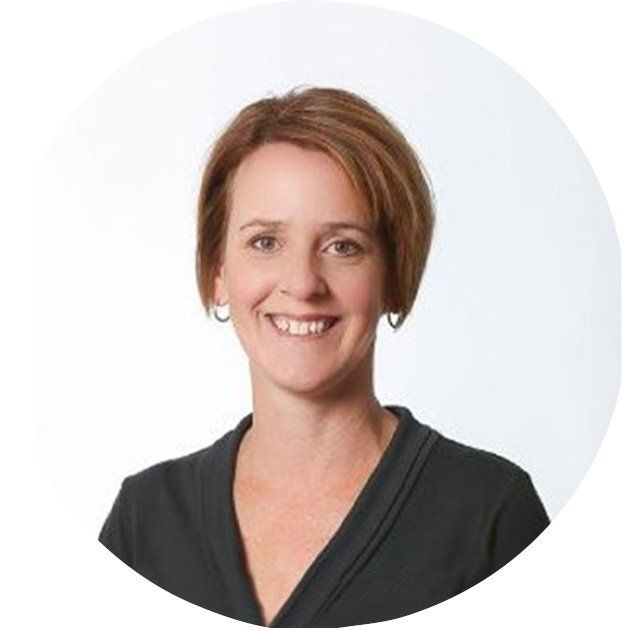10 October 2025
Big changes are on the way for aged care, with new rules starting from 1 November 2025. While these changes aim to create a more sustainable and fairer system, they do bring added complexity — especially when it comes to understanding the fees and making the right financial decisions. Here are the five key things you need to know: 1. Aged care will cost more - but is still subsidised If you or a loved one is moving into residential aged care from 1 November 2025, the amount you’ll need to contribute will be higher. That said, the Government will continue to fund a large share of care costs - around 73% on average. But it will be important to consider your cashflow. 2. Expect new terminology and fee calculations The language is changing. Instead of the current “means-tested care fee,” you’ll now see new names like Hotelling Contribution and Non-Clinical Care Contribution. How much you are asked to pay will still be based on your income and assets, but new formulae may result in higher contributions than under the current rules. 3. Lifetime caps remain – but at a higher level A lifetime cap will continue to apply to limit how much you can be asked to pay as a non-clinical care contribution over your total stay in residential care. This cap is increasing to $130,000, but with a new safeguard, that no matter how much you pay, you will only need to pay this fee for a maximum of four years. This helps ensure fairness between residents with different levels of wealth. 4. Retention amounts are being reintroduced If you choose to pay a lump sum for your room (known as a refundable accommodation deposit - RAD), aged care providers will deduct a “retention amount” of up to 2% per year (capped at 10% over five years). While this increases the cost slightly, it may still be better value than paying the daily accommodation payment. 5. Good advice can prevent costly mistakes Navigating these new rules can be confusing - especially when you need to make major decisions about the family home, assets or pension entitlements. The cost of getting good advice is often small compared to the cost of getting it wrong. That’s why seeking qualified aged care financial advice is more important than ever. If you're starting to think about aged care for yourself or a family member, now is the time to start planning and seek advice. As specialists in aged care advice, we can help you to make informed decisions with confidence and peace of mind. Please contact Lynde via the link below to chat more about these changes.








